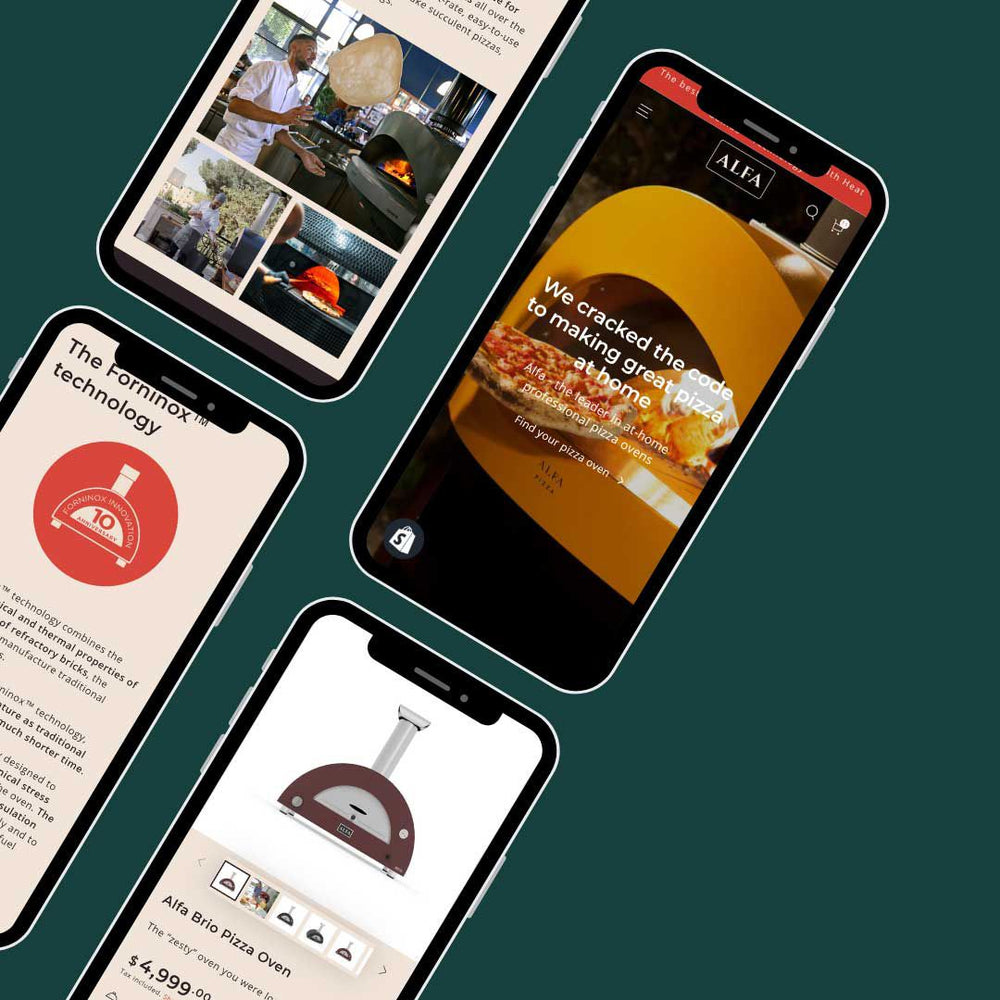Less Is More When Writing Great Website Content
How People Read Information On Websites
It’s important to understand how people read information on websites so you can tailor your content accordingly. Readers attention spans are short when reading information online, so you need to make sure your readers can find what they’re after quickly and easily.
Most people skim website content and read the parts that are important to them. And if they don't find what they're interested in after a few seconds - they'll move on to the next website.
Next time you are doing a search on the internet and looking for a service or information, take note of how you 'read' the websites you visit and how much time you actually spend reading the content.
It’s All About Them
Make sure your content is geared towards your customer needs and not yours. Make sure your content tells the reader what benefits they'll get from doing business with you. They really don't want to know all about you and your company or products, they just want to know what benefits or solution you're providing for them.
Gain Trust
You need to gain your readers trust and credibility in what you are offering. Content that is too wordy, has too much marketing ‘fluff’ or just isn’t clear won’t gain you that trust.
The 3 Most Important Content Writing Tips
Aim to be concise, factual and direct with your entire website written content.
How To Organise And Write Your Page Content
Conclusion
If you follow the points above you'll easily improve the content of your website and get visitors to stay around longer.
If you would like some professional help with your website content, there numerous content writing services available to help with this important and sometimes overlooked part of your website development.
It’s important to understand how people read information on websites so you can tailor your content accordingly. Readers attention spans are short when reading information online, so you need to make sure your readers can find what they’re after quickly and easily.
Most people skim website content and read the parts that are important to them. And if they don't find what they're interested in after a few seconds - they'll move on to the next website.
Next time you are doing a search on the internet and looking for a service or information, take note of how you 'read' the websites you visit and how much time you actually spend reading the content.
It’s All About Them
Make sure your content is geared towards your customer needs and not yours. Make sure your content tells the reader what benefits they'll get from doing business with you. They really don't want to know all about you and your company or products, they just want to know what benefits or solution you're providing for them.
Gain Trust
You need to gain your readers trust and credibility in what you are offering. Content that is too wordy, has too much marketing ‘fluff’ or just isn’t clear won’t gain you that trust.
The 3 Most Important Content Writing Tips
Aim to be concise, factual and direct with your entire website written content.
How To Organise And Write Your Page Content
- Word Count - keep the number of words on your pages to about 300-400 words.
- Add Interest with Images - use images to illustrate points and add more visual interest to your page.
- Start with your Summary - write an introduction that is concise, factual and direct. This is useful for your visitors and for search engines.
- Use Headings - arrange your content under meaningful headings so that a reader can quickly and easily skim your content and skip to the sections of interest. Use keywords in your headings too to help boost your position in search engine results.
- Keep Paragraphs on Topic - limit each paragraph to just one topic and summarise this in the first couple of sentences. Then if someone skips the rest of that paragraph, you've given them the most important information in those first few sentences.
- Sentence Length - keep sentences down to 20 words or less to ensure your content is easy to skim and skip. Don't be over-wordy, keep your sentences to the point and remove small words where you can.
- Use Lists for Layout - using bullet points and lists makes content easier to read.
- Great Headlines - gain your readers attention straight away with an attention-grabbing headline.
- Use Verbs - use lots of verbs and not so many adjectives in your content, eg, Get, Buy etc.
- Write Naturally - don't be too technical or you’ll just bore your readers. But don’t assume that they know nothing either.
- Content Testing - get other people to read your content and get feedback so you can make improvements.
- Call to action - have a clear call to action on your page to encourage your readers stay with you after they’ve left your website. Get them to sign up, get a free quote or whatever. Make sure your readers aren't distracted by other things on your page such as slide shows etc.
Conclusion
If you follow the points above you'll easily improve the content of your website and get visitors to stay around longer.
If you would like some professional help with your website content, there numerous content writing services available to help with this important and sometimes overlooked part of your website development.




